TEL AVIV, Israel—An Israeli incursion into the central Gazan refugee camp of Nuseirat earlier this month left Abdallah Aljamal, a journalist publishing frequent dispatches from the war-torn Strip, dead in his home. The catch? The raid was actually an operation to free three Israeli civilians abducted by terrorists on October 7, and Aljamal, a known Hamas affiliate, was one of their captors.
That a self-proclaimed journalist was holding Israelis hostage came as no surprise to Israeli officials, who have long warned about Hamas’ manipulation of the media in Gaza. Nor did Aljamal’s regular contributions to a U.S.-based media outlet, the Palestine Chronicle, one of many websites spreading pro-Hamas propaganda in America and abroad. But his involvement—and its limited coverage by major international news agencies—may be indicative of a larger problem: Hamas’ weaponization of the press and the role of journalists as both witting and unwitting accomplices.
“Hamas sees press, and especially press that is stationed inside Gaza, as a tool in its war,” Maj. Nir Dinar, an Israeli military spokesman, told The Dispatch. “The only goal is to survive, and [Hamas leader Yahya] Sinwar knows that the only way in which he can survive is creating international pressure on Israel.”
For the Palestine Chronicle, a 501(c)3 nonprofit organization registered in Washington state, generating anti-Israel sentiment under the guise of independent journalism appears to be the guiding mission. The outlet’s website states that its team “consists of professional journalists and respected writers and authors who don’t speak on behalf of any political party or champion any specific political agenda.” Yet a closer look at the digital footprint of the organization’s contributors reveals clear pro-Hamas sympathies among the Chronicle’s international and U.S.-based staff members, including Aljamal and its editor-in-chief, Ramzy Baroud.
The former, who was identified by the freed Israeli hostages as one of their captors, made several Facebook posts exposing his support for Hamas. In 2021, for example, Aljamal shared an image featuring the funeral procession of a man draped in the Hamas flag and being carried by Hamas fighters. In 2023, he posted two photos of a young boy wearing the terror group’s garb and wielding toy weapons at what appears to be a Hamas training camp. On October 7, Aljamal thanked God for the attack in which nearly 1,200 Israelis—mostly civilians—were violently murdered by Gazan terrorists who breached the border into southern Israel.
The Palestine Chronicle has sought to distance itself from Aljamal since three of the four hostages Israel rescued earlier this month—Andrey Kozlov, Almog Meir Jan, and Shlomi Ziv—were found in his charge. On June 7, a day before the Israeli operation, the news website listed him as a “correspondent for The Palestine Chronicle in the Gaza Strip.” Two days later, as Aljamal’s name began to circulate, the Chronicle updated his title to “contributor.”
The outlet has since sought to cast doubt on the validity of Israel’s account that the captives were found in the reporter’s home while simultaneously denying claims of his employment. “Aljamal’s relationship with the Palestine Chronicle was that of a freelance contributor,” the staff wrote in the slain terrorist’s obituary. “He was neither a staff writer nor a contractor.”
But Aljamal was not alone among those connected with the Chronicle in his support for Hamas and October 7. Baroud, the Chronicle’s U.S.-based editor-in-chief, set the website’s editorial tone just two days after the cross-border attack during an X space—a live chat on the social media site formerly known as Twitter—laden with praise for the perpetrators and misinformation about their victims.
At one point, Baroud incorrectly claimed that the offensive targeted Israeli settlements on occupied Gazan territory. At another point in the conversation, he seemed to praise Hamas’ foresight to take hostages and falsely stated that the October 7 abductees were “mostly soldiers.” The majority of the estimated 250 people kidnapped that day were civilians. “We cannot or should not apologize for the resistance,” Baroud proclaimed in the recorded interview. “Resisting is a human right.”
The Chronicle’s top editor has been similarly outspoken on his personal social media accounts. On October 7, Baroud wrote on Facebook that “violence begets violence, and that military occupation and apartheid begets resistance.” He has also posted lobbying appeals for the Hamas-linked Americans for Justice in Palestine—a U.S.-based 501(c)(4) nonprofit organization providing funding to the student protest groups behind a wave of “Gaza solidarity encampments” at American universities this spring.
Baroud and at least five of the Chronicle’s other published writers have contributed stories to Iranian state-run media, the Washington Free Beacon first reported last week. And the U.S.-based outlet’s ties to Tehran are equally clear in its own published work. One story hailed the recently deceased Iranian President Ebrahim Raisi—known to many as “the butcher of Tehran” for his persecution of religious and political minorities—as a “supporter of the oppressed.” Another described Iran as “the only regional power that constantly and unconditionally supported the Palestinian cause.” The Palestine Chronicle did not immediately respond to requests for comment or additional information.
In light of Aljamal’s role as hostage captor, a group of six Republican senators are now urging the Biden administration to revoke the Palestine Chronicle’s tax-exempt status over its apparent ties to a U.S.-designated terrorist group. “The potential link between this publication and Hamas terrorists should be more than enough justification for the IRS to open an investigation into their tax-exempt status in the United States,” GOP Sen. Ted Budd of North Carolina said in a statement. “If the terrorism links are proven and substantiated, this status should be immediately revoked.”
Yet the Chronicle’s potential ties to terror organizations have received little attention from major U.S. media outlets—itself an indicator of the way in which many journalists approach the Israel-Hamas war. Instead of shedding light on the hostages’ captors, reporting on the rescue operation earlier this month has largely centered on an unsubstantiated civilian death toll.
The Associated Press’ coverage is illustrative. On June 8, the news agency published its first detailed analysis of the casualty figures provided by the Gaza Health Ministry, ultimately finding a series of contradicting numbers and statements from the Hamas-run organization that most major outlets have relied on in their ongoing coverage of the war. Two days later, however, the AP again cited the Health Ministry’s death toll in its headline piece about the hostage rescue: “How an Israeli raid freed 4 hostages and killed at least 274 Palestinians in Gaza.”
Nearly every major Western media outlet adopted a similar framing. Rear Adm. Daniel Hagari, spokesman for the Israel Defense Forces, estimated that the operation had killed “under 100”—a figure that included Hamas operatives as well as Gazan civilians caught in the crossfire as gunmen fired on the Israeli soldiers and hostages as they fled.
The coverage of the hostage rescue was a “microcosm” of the media’s longtime approach to Israel and the Palestinians, said Matti Friedman, an author and journalist who worked for the Associated Press between 2006 and 2011. Hamas’ exploitation of the media has followed a predictable pattern in every major conflict since 2008, he argued.
“Hamas attacks, Israel has some legitimacy to respond, the legitimacy runs low as the number of civilian casualties—real or manufactured—increases, and, at some point, Israel has to stop fighting and Hamas has time to regroup and attack again,” Friedman told The Dispatch. “This is predicated on the Western press playing ball [with Hamas].”
Hamas’ pressure campaign begins at home. The terrorist group, aware of Israel and the international community’s desire to avoid civilian casualties, has inflated death tolls, conflated civilian and combatant deaths, and falsely attributed destruction wrought by stray Palestinian rockets to Israeli airstrikes. Hamas also embeds its fighters and weapons in residential buildings from mosques to schools and hospitals, forcing Israel to avoid striking to prevent collateral damage or, if Israel does attack anyway, provoking renewed international scrutiny. Case in point: Hamas’ vast tunnel network beneath densely populated areas of Gaza, which was designed to protect Hamas fighters while leaving civilians vulnerable.
“Hamas webbed the civilian landscape of Gaza with these military tunnels. Even though all the big Western news organizations have permanent offices in Gaza, you didn’t hear much about it. Because that’s the story you’re not supposed to cover,” Friedman said. “It would subvert the political goal of the coverage, so the press has been more or less happy, as far as I can tell, to look where Hamas tells them to look.”
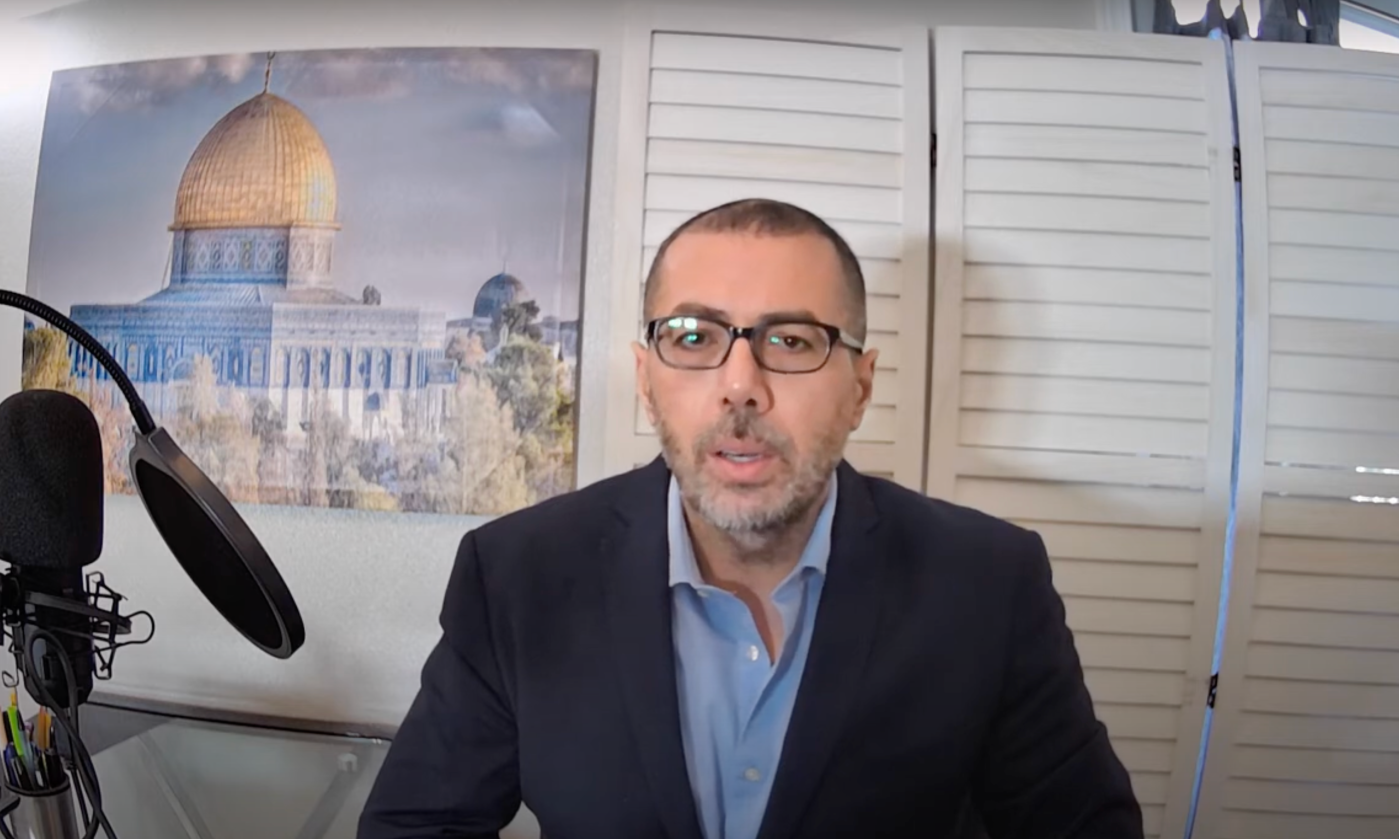

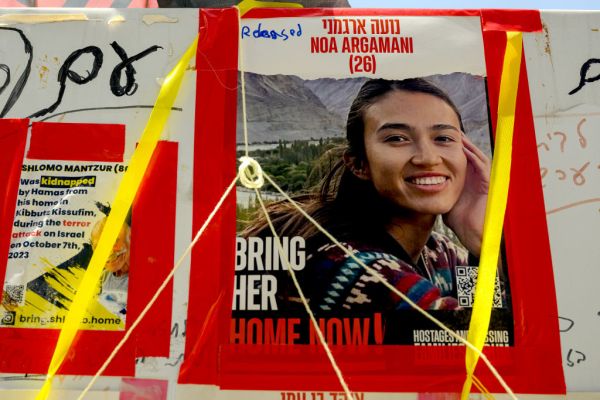
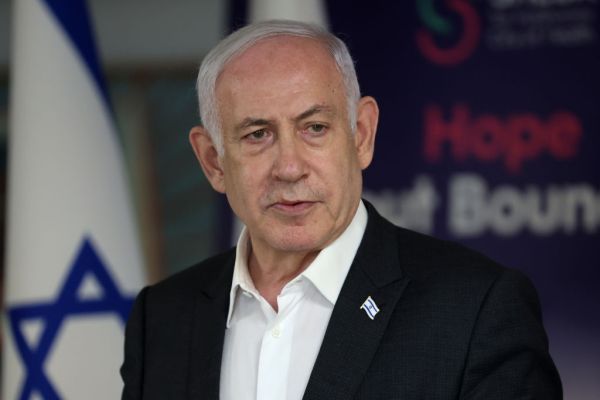
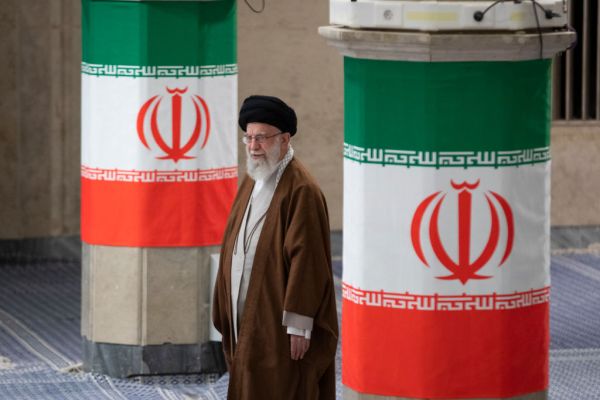

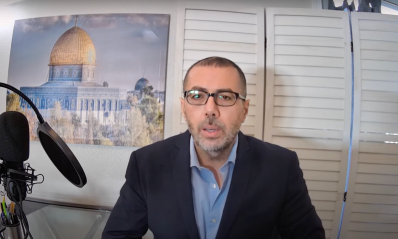
Please note that we at The Dispatch hold ourselves, our work, and our commenters to a higher standard than other places on the internet. We welcome comments that foster genuine debate or discussion—including comments critical of us or our work—but responses that include ad hominem attacks on fellow Dispatch members or are intended to stoke fear and anger may be moderated.
With your membership, you only have the ability to comment on The Morning Dispatch articles. Consider upgrading to join the conversation everywhere.